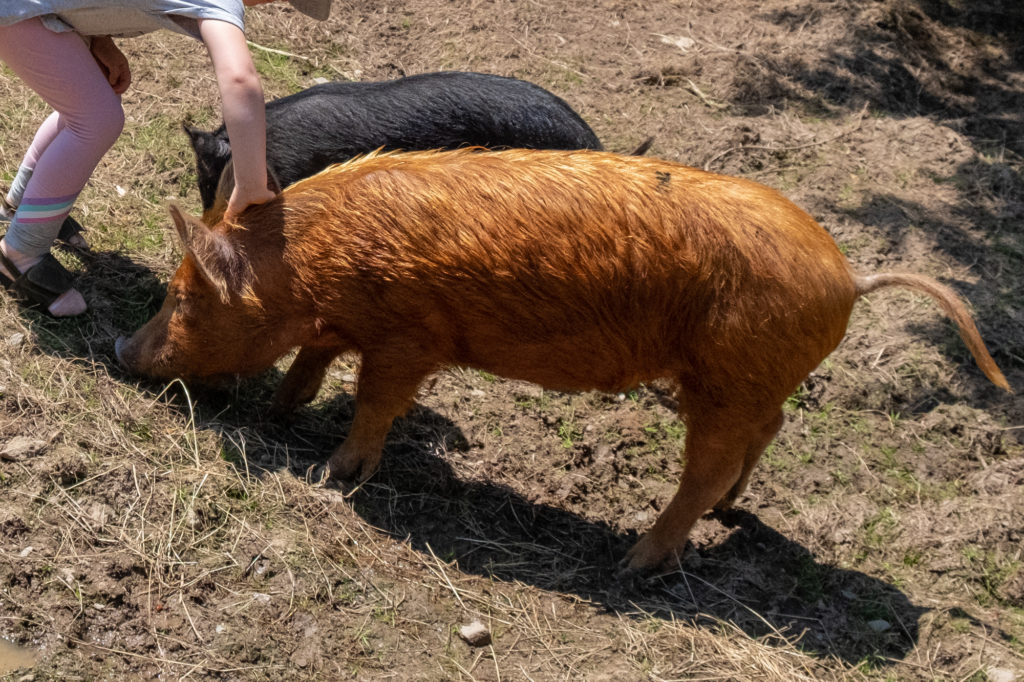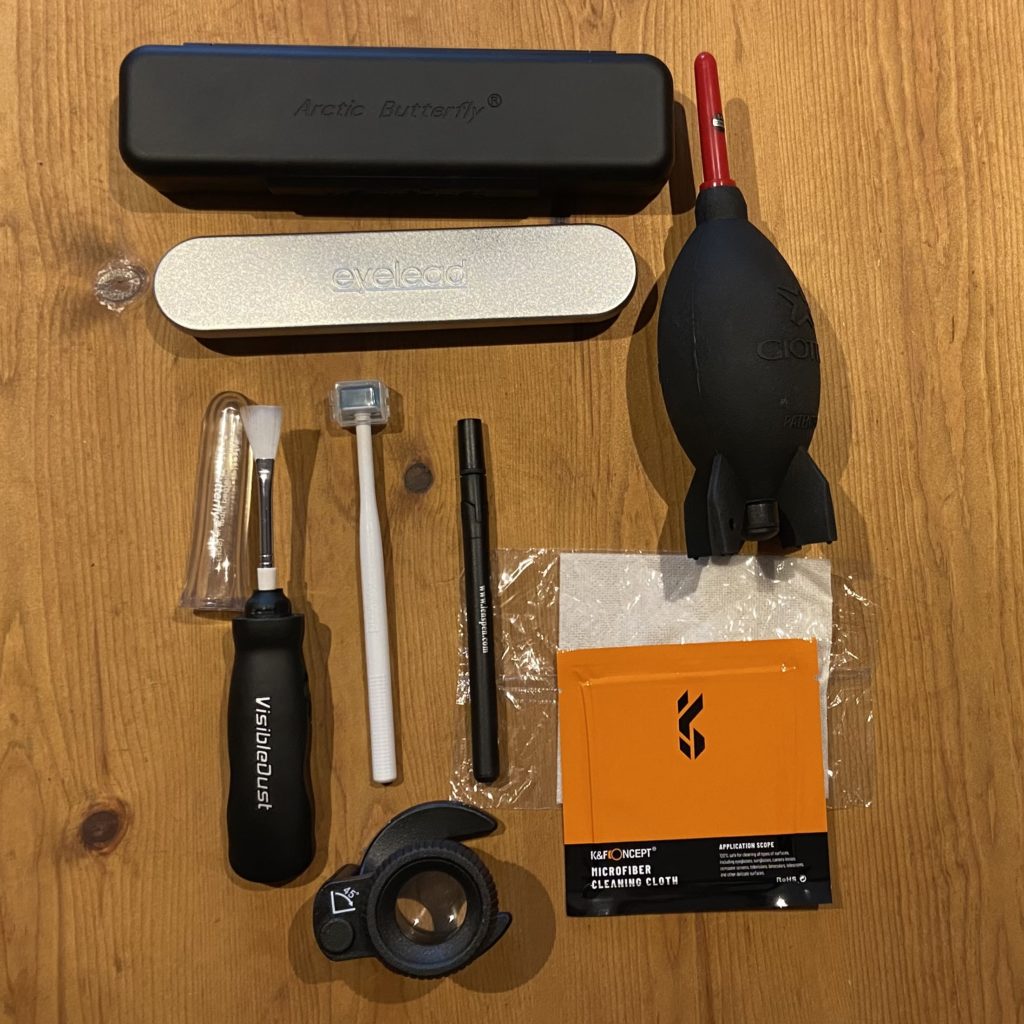I used to print photos as scarves on fabric but guess what? The supply of sustainable fabrics such as lyocell became erratic even before the pandemic. My small start-up business faltered and was suspended when the last two week turnaround took order almost two months to fulfil.

Fountain Slates I 
Tate Modern Lights 
Bathroom Tableau





